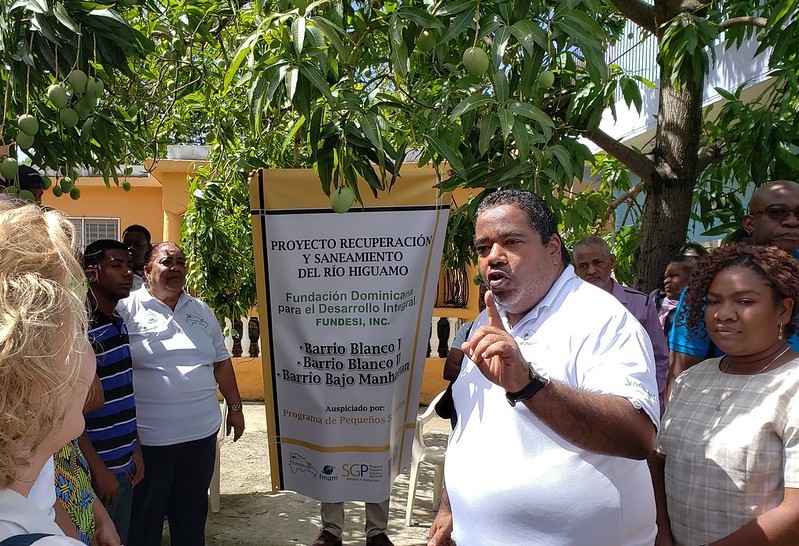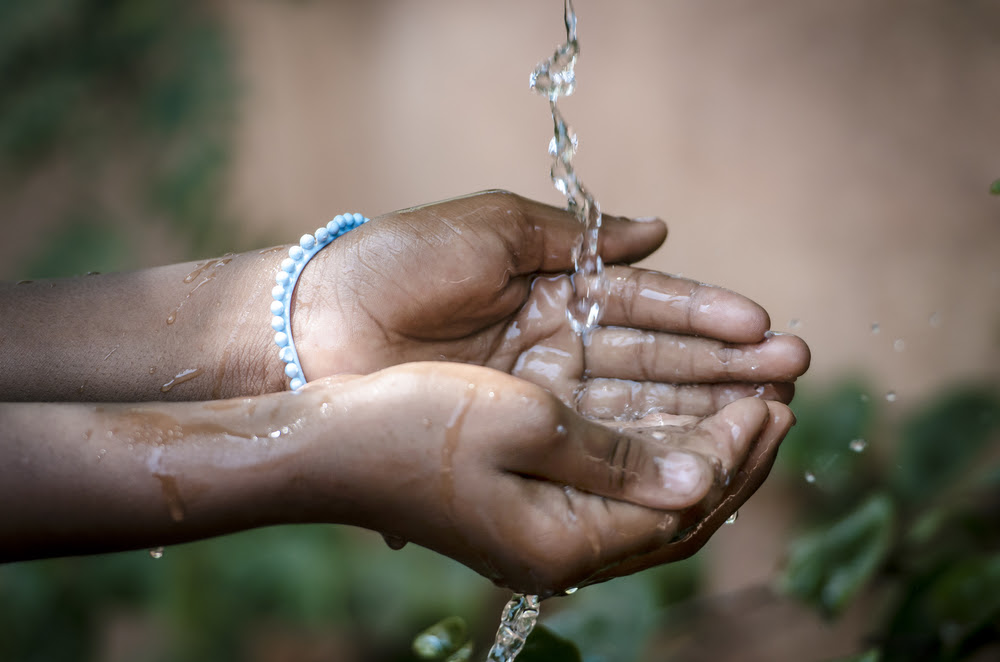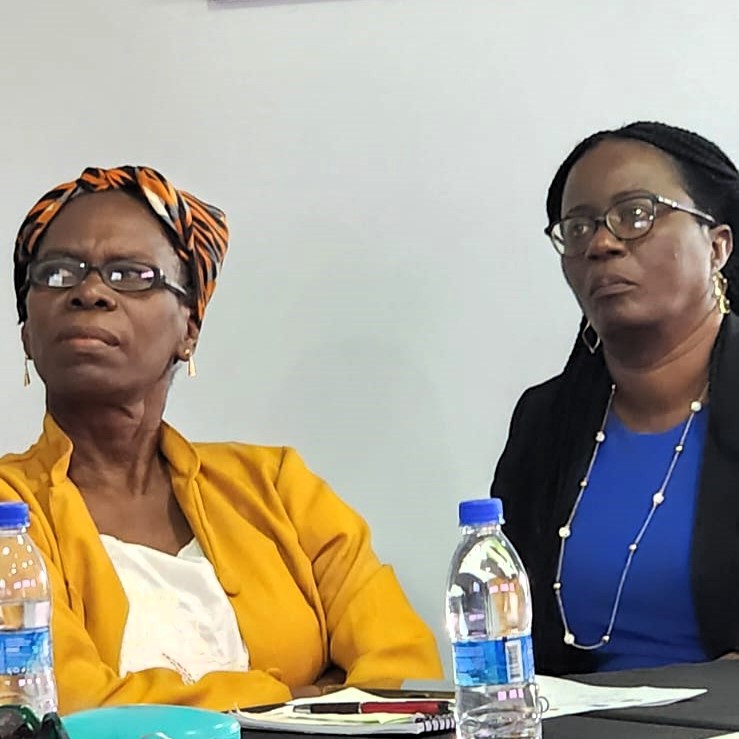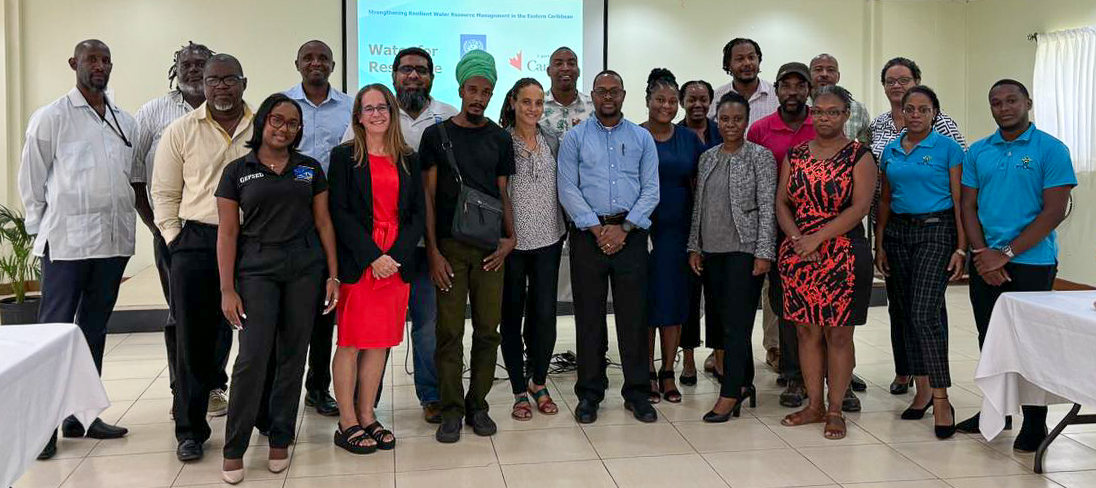IWEco has a key objective of enhancing livelihood opportunities and socio-economic co-benefits for targeted communities from improved ecosystem services functioning.
This aspect of the Project is supported by the GEF Small Grants Programme (GEF SGP) which has considerable experience in building economic livelihoods through community-based initiatives.
A key element of the SGP-IWEco Project partnership is the stimulation of entrepreneurship and encouraging the growth of small and medium-sized enterprises (SMEs) in the region.
GEF SGP’s involvement in IWEco is coordinated by the United Nations Development Programme (UNDP) which has directly disbursed funds to its programmes in the eight IWEco participating countries that have National sub-Projects.
This is meant to enable activities in alignment with the respective National sub-Projects which build capacity for enterprise development and implementation amongst local community groups in support of IWEco’s overall objectives. In addition to working with the National sub-Projects, SGP would work with Barbados and Grenada to achieve contributory outputs at the regional level.
IWEco allocated US $1 million in funding to be matched by the SGP, in addition to technical support. Project level co-financing generated at the community level would leverage additional support. SGP would provide direct financial and technical support to communities and local organisations in the participating countries to address the project objectives at the community level.
The community component of the IWEco intervention would undertake the following activities within the regional sub-projects and national sub-project demonstration sites:
- Support the demonstration and piloting of sustainable local solutions to environmental problems in the areas of wastewater and effluent management, coastal habitat management, fisheries, chemicals and hazardous substances and other priority issues in the region.
- Develop local stakeholders’ capacities to implement regional and national policies at the community level.
- Incorporate community-based experiences and approaches into the management of widespread and biologically significant coastal ecosystems through upscaling by national governments and regional entities.
- Facilitate vertical exchanges of information between local, national and regional levels, and horizontal exchanges between communities beyond national boundaries.
By the time IWEco’s 2nd Regional Project Steering Committee (RPSC 2) Meeting took place in February 2018 in Havana, Cuba, it was recognized that SGP activities associated with the National sub-projects were facing challenges for a number of reasons. These included changing contexts, political sensitivities, lack of capacity, other operational challenges, and, not least, the fact that by that time, most of the National sub-Projects had not yet begun implementation.
Recognizing that the SGP projects needed to accelerate development and implementation, the RPSC agreed that it would be allowed to align its work with the various countries national priorities, and try to develop activities in the physical sites of national projects while being given the flexibility to develop and implement activities outside the national project sites when deemed appropriate by the respective SGP national steering committee. In other words, adaptive management and flexibility would be encouraged to ensure that GEF IWEco-funded SGP interventions would support the overall objectives of IWEco at local community level offering opportunities for learning, replication and upscaling.
The result is a mix of projects, some of which are closely associated with, and supporting, the National sub-Projects; and others which support wider IWEco objectives.




